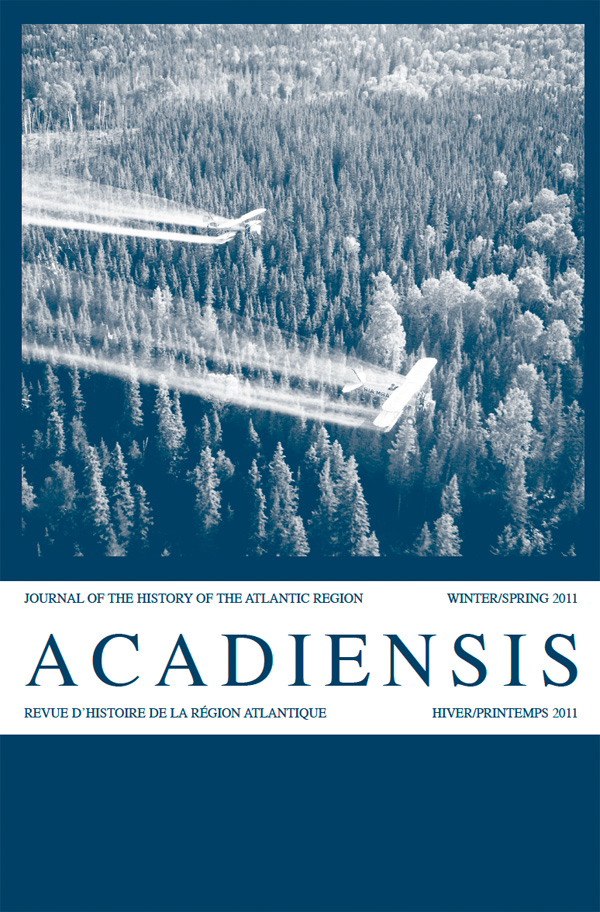Abstract
Its pastoral landscape has long permeated Prince Edward Island’s tourist appeal and shaped its cultural identity. Nineteenth-century tourist promotion extolled the health benefits of sea breezes for travellers fleeing the summer swelter of urban America but, by the interwar period, tourism literature had begun to equate the Island’s arcadian countryside with a pre-industrial, rural order. Post-war tourism marketing continued to eulogize the Island as an antidote to North Americans’ urban-industrial angst, but in the new millennium both the commodified pastoral landscape and rural identity faced a new challenge as economic pressures drove most farmers out of business. Résumé Ses paysages bucoliques ont longtemps imprégné l’attrait touristique de l’Île-du-Prince-Édouard et façonné son identité culturelle. Au 19e siècle, les campagnes de promotion touristique vantaient les bienfaits de la brise maritime pour la santé des voyageurs fuyant la chaleur écrasante qui régnait l’été dans les villes américaines mais, dans l’entre-deux-guerres, la documentation touristique commençait à assimiler les paysages arcadiens de l’Île à un ordre rural pré-industriel. Le marketing touristique de l’après-guerre continua de faire l’éloge de l’Île comme un antidote à l’angoisse existentielle des milieux urbains et industriels de l’Amérique du Nord. Toutefois, avec le nouveau millénaire, les paysages bucoliques et l’identité rurale en tant que marchandise ont fait face à un nouveau défi à mesure que les pressions économiques acculaient la plupart des agriculteurs à la faillite.Copyright for articles published in this journal is retained by the author(s), with Acadiensis being granted a non-exclusive licence to each and every right in the work throughout the world. After publication of the work, the author(s) shall have the right to self-archive the work and to reprint the work in whole or in part in books authored by or edited by the author(s) without the payment of any fee. In these other formats, however, the author or authors are required to acknowledge the original publication of the work in the pages of the journal. In the case of any requests to reprint the work, Acadiensis will require a standard permission fee -- to be divided equally between the journal and the author. In the event that such requests are received by the author(s), the author(s) shall direct such requests to the journal.

